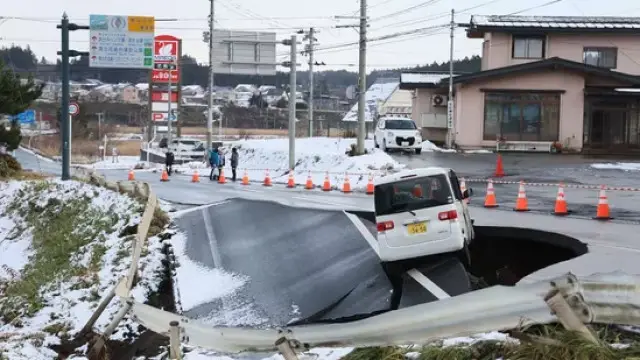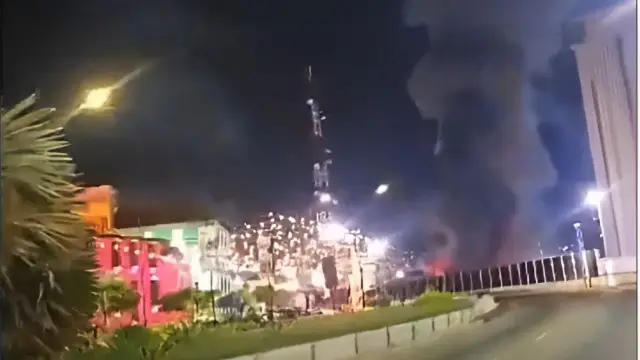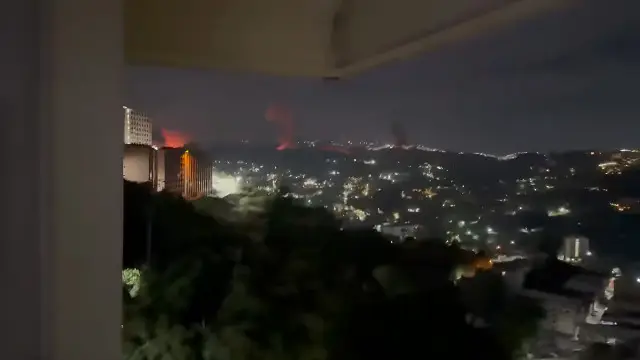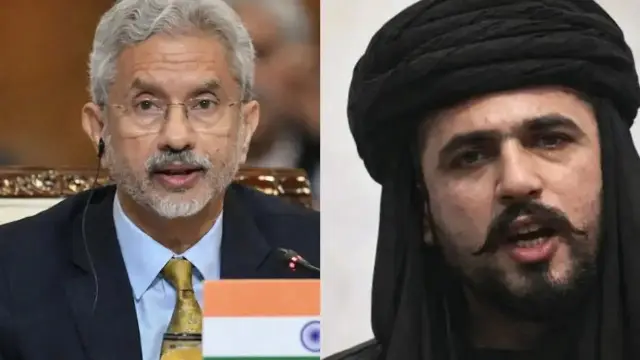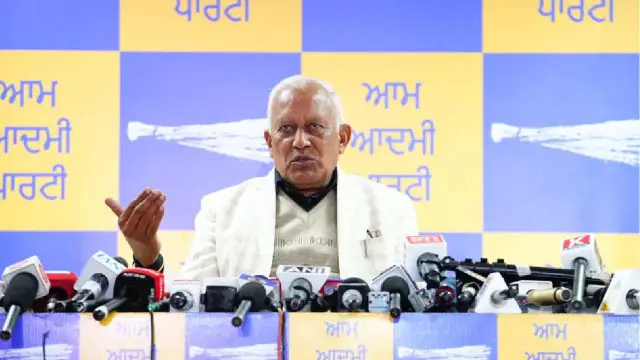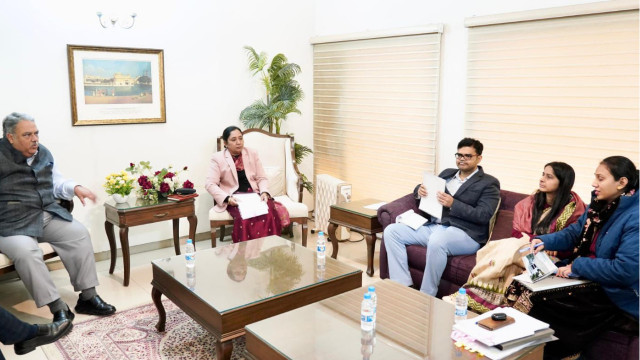Deadly protests erupt in Nigeria amid economic crisis and governance concerns
The ongoing protests in Nigeria have escalated into a violent clash between citizens and authorities, resulting in multiple deaths and arrests. These demonstrations bring to the forefront the deep-rooted issues of economic crisis, corruption, and governance concerns in the country.

In recent days, Nigeria has been rocked by mass protests that have turned deadly. Frustrated citizens have taken to the streets to express their anger over the country's economic crisis and alleged bad governance. These demonstrations, which have escalated into violence in several states, have resulted in curfews and arrests. The situation has caught the attention of international human rights organization Amnesty International, which has independently verified the deaths of at least 13 protesters. Meanwhile, Nigerian police have confirmed the arrest of over 300 protesters. These protests shed light on the deep-seated issues of food shortages, corruption, and economic inequality that plague Nigeria, a country known for its oil wealth but plagued by poverty.
Protests Turn Violent, Resulting in Deaths and Arrests
What started as peaceful demonstrations quickly turned violent as anger over the economic crisis boiled over. According to a rights group, at least 13 protesters lost their lives during the mass protests in Nigeria. The situation escalated into violence in several states, leading to tragic consequences. Authorities have confirmed four deaths caused by a bomb explosion and have made hundreds of arrests in response to the protests. The Nigerian police have reported the imposition of curfews in the northern states of Kano and Katsina following incidents of looting government and public properties. Sadly, one police officer was also killed, and several others were injured during the unrest.
Amnesty International Verifies Deaths and Arrests
Amnesty International, a renowned human rights organization, has independently verified the reported deaths. The organization conducted its investigation by gathering information from witnesses, families of the victims, and lawyers. This verification adds credibility to the claims made by the rights group and sheds light on the severity of the situation. The deaths of the protesters further highlight the need for a peaceful resolution and a thorough examination of the underlying issues.
Protests Stem from Food Shortages and Alleged Bad Governance
The protests in Nigeria are rooted in two major concerns: food shortages and alleged bad governance. Nigeria's public officials, often accused of corruption, are among the highest-paid in Africa. This stark contrast between the wealth of the country's leaders and the poverty experienced by its citizens has fueled public outrage. Despite being one of the top oil producers in Africa, Nigeria struggles with widespread poverty and hunger. The removal of gas and electricity subsidies as part of the government's economic reforms has further exacerbated the situation, leading to increased prices for essential goods and services.
Demands of the Protesters
During the protests, demonstrators have made their demands clear through placards, chants, and the display of Nigeria's green-and-white flag. Their demands include the reinstatement of gas and electricity subsidies, which were removed as part of the government's efforts to stimulate economic growth. The removal of these subsidies has had a ripple effect on the prices of various goods and services, further burdening the already struggling population. The protesters seek to draw attention to the impact of these reforms on the daily lives of ordinary Nigerians.
The ongoing protests in Nigeria have escalated into a violent clash between citizens and authorities, resulting in multiple deaths and arrests. These demonstrations bring to the forefront the deep-rooted issues of economic crisis, corruption, and governance concerns in the country. Nigeria's wealth from oil production stands in stark contrast to the poverty experienced by its citizens, leading to widespread frustration and anger. The demands of the protesters, including the reinstatement of gas and electricity subsidies, reflect their desire for a more equitable and just society. As the situation unfolds, it is crucial for the government to address these grievances and work towards sustainable solutions that prioritize the well-being of all Nigerians.




